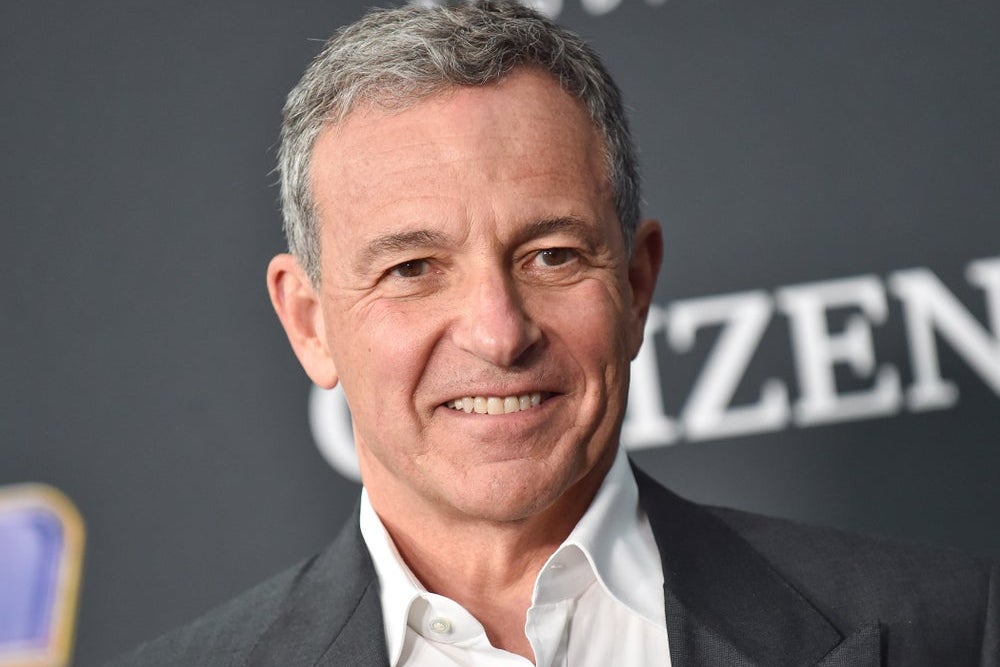Size of the text
The Olympic Rings are shown in Tokyo, which will host the games this summer.
Getty Images/Carl Court
After a brief respite from the pandemic in the United States in the spring, cases of Covid-19 are on the rise once more, and bleak data from around the world is unsettling investors’ trust in a global recovery. On top of investor concerns about inflation, the Federal Reserve’s next move, and an earnings season with a high bar to clear, the latest Covid concerns drove stock markets tumbling and investors fleeing to bonds on Monday.
The
The Dow Jones Industrial Average is a stock market index that measures how well
In midday trading, the Dow Jones Industrial Average was down 923 points, or 2.7 percent, while the S&amp
S&P 500 Index
The Dow Jones Industrial Average fell 2.1 percent, while the S&P 500 Index
The Nasdaq Composite Index
dropped by 1.5 percent. The 10-year Treasury note yield fell below 1.2 percent, its lowest level since February. Positive tests of Olympic athletes, who have now assembled in Tokyo for the games, which are slated to begin at the end of the week, prompted questions over the event’s viability over the weekend. The American Academy of Pediatrics recommended that all kids and employees at schools, regardless of vaccination status, wear masks on Monday. That’s a tougher threshold than the one proposed last week by the Centers for Disease Control and Prevention, which exempted vaccinated kids and teachers from masking. Meanwhile, the New York Times reports that new instances of the virus have increased by 34% internationally in the last two weeks. The number of new daily cases in the United States is still low compared to previous stages in the pandemic, but it has increased by 140 percent in the last two weeks.
Continue reading
In a note published on Sunday, Evercore ISI analyst Josh Schimmer said, “The summer COVID wave is gaining steam as the country appears to have forgotten we’re still in the midst of a pandemic.” A new rise in Covid cases is concerning for the market in terms of how it affects the ongoing economic recovery or exacerbates supply chain disruptions and pandemic-related bottlenecks affecting both large and small businesses. On Monday, the S&P 500 was down in all 11 sectors, with the pain concentrated in the market’s most cyclical areas. Energy stocks fell 4.4 percent in the S&P 500, while industrials and financials fell 2.5 percent and 3.1 percent, respectively. The best-performing sectors on the index on Monday were defensive consumer staples, which fell 1%, and growth-oriented technology, which fell 1.4 percent. On Monday, investors sought protection in government bonds, driving yields lower while prices increased. The yield on a ten-year US Treasury note fell below 1.2 percent, a 0.11 percentage point drop. In late March, it was around 1.75 percent. Oil prices plummeted on Monday, owing to fears over Covid’s recovery and a weekend agreement among oil-producing countries to increase monthly supply beginning in August. WTI crude was trading at $66.91 a barrel, down 6.8%. Dr. Scott Gottlieb, the former commissioner of the US Food and Drug Administration who currently serves on the board of the National Institutes of Health, spoke on CBS’s Face the Nation on Sunday.
Pfizer
(ticker: PFE), believes the current wave of the virus is likely far worse in the United States than the data indicate. “I believe we are undercounting the number of infections in the United States right now,” Gottlieb added, “because a lot of the infections are occurring in younger and healthier people who may be suffering minor illness and are…probably not presenting to get tested.” “To the degree that there are any breakthrough instances, whether asymptomatic or moderately symptomatic, and those who have been vaccinated, they are not presenting to be tested because if you’ve been vaccinated, you don’t think you have the coronavirus, even if you have a mild illness,” she says. The introduction of the Delta variant, a highly contagious new strain of the virus, is causing the recent rise in cases in the United States. According to the Centers for Disease Control and Prevention, the Delta variety was responsible for roughly 60% of infections in the United States in the two weeks ending July 3. Dr. Rochelle Walensky, director of the Centers for Disease Control and Prevention, said on Friday at the White House that the number of new cases each day had increased by 70% in just a week. Hospitalization and death rates were also rising, but at a slower pace. “We’re seeing outbreaks of cases in areas of the country where vaccination coverage is poor because unvaccinated people are at risk,” Walensky explained. “And fully immunized communities are generally doing well.” Meanwhile, athletes from all around the world are descending on Tokyo for the Olympic Games, which begin on Friday with the opening ceremony. Coco Gauff, an American tennis player, stated over the weekend that she had tested positive for Covid-19 and will not be competing in the Olympic Games. Two South African soccer players and six British track and field competitors tested positive on Sunday. In Japan, the Games are becoming increasingly unpopular. On the following Monday,
Toyota Motor Corporation is a Japanese automobile manufacturer.
According to Reuters, (TM) announced it would not show any Olympic-related commercials and that its executives would not attend the opening ceremonies. Meanwhile, England dropped Covid-19 limitations on Monday, despite the fact that the number of cases there is rapidly increasing. Boris Johnson, the Prime Minister of the United Kingdom, was compelled to isolate himself after a minister tested positive for Covid-19. The CDC’s Walensky said during a White House briefing on Friday that limits should be based on the local situation. “If you have places with low vaccination rates and high case rates, I would argue local policymakers should evaluate if masking would be beneficial for their community until they can scale up their vaccination rates because more individuals than not in the community are unvaccinated,” Walenksy said. Josh Nathan-Kazis may be reached at josh.nathan-kazis@barrons.com./n
Read More




